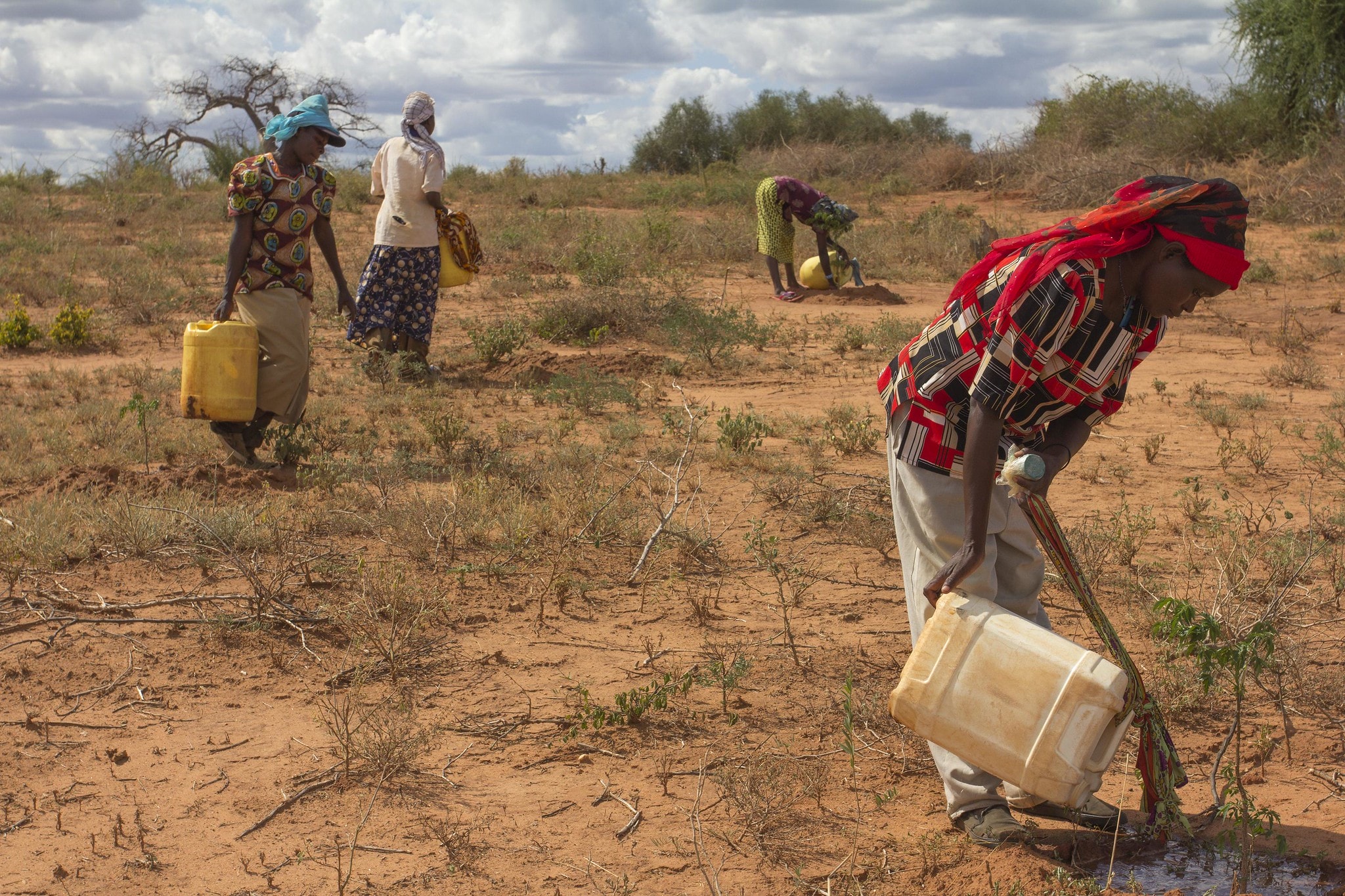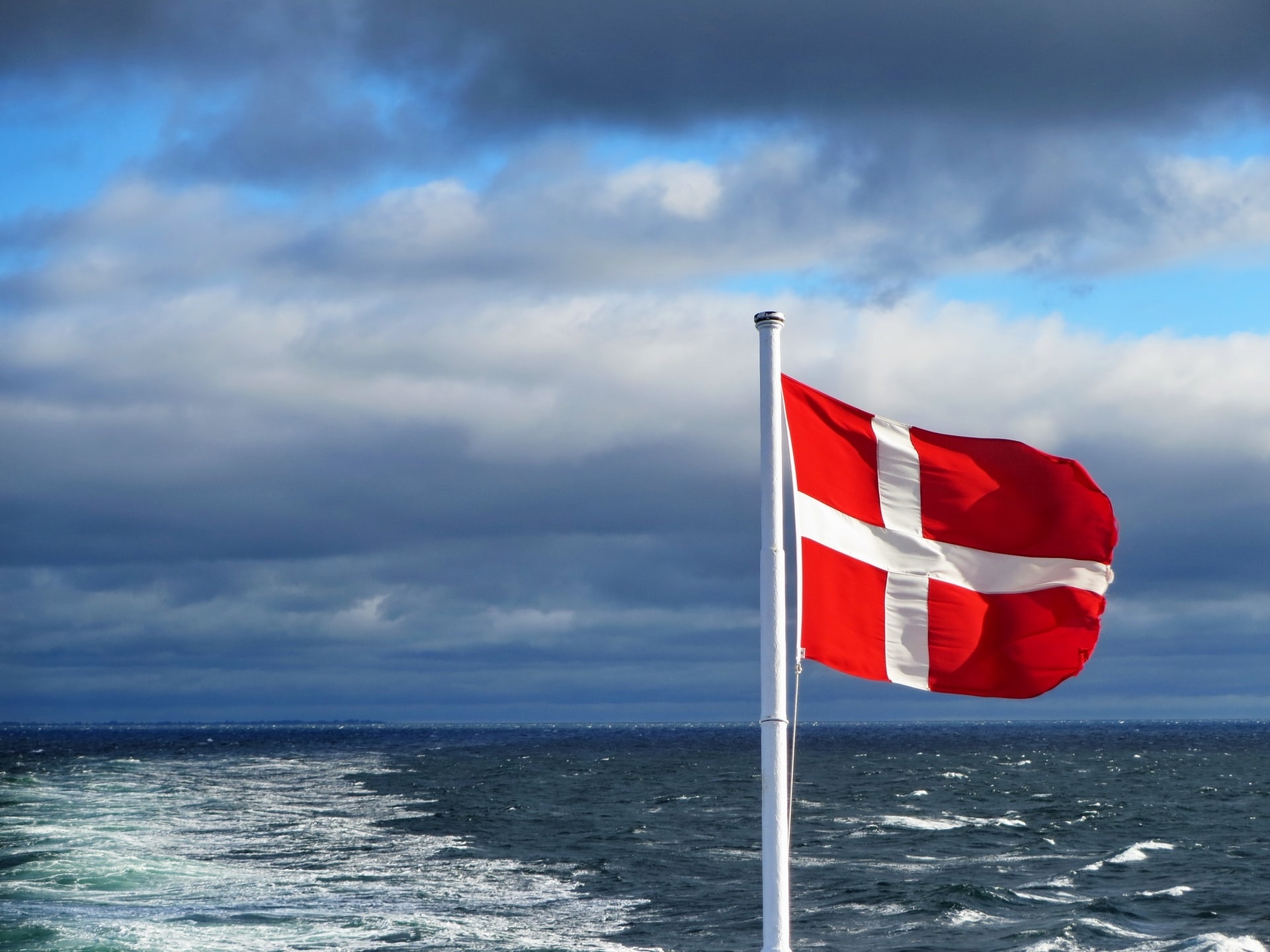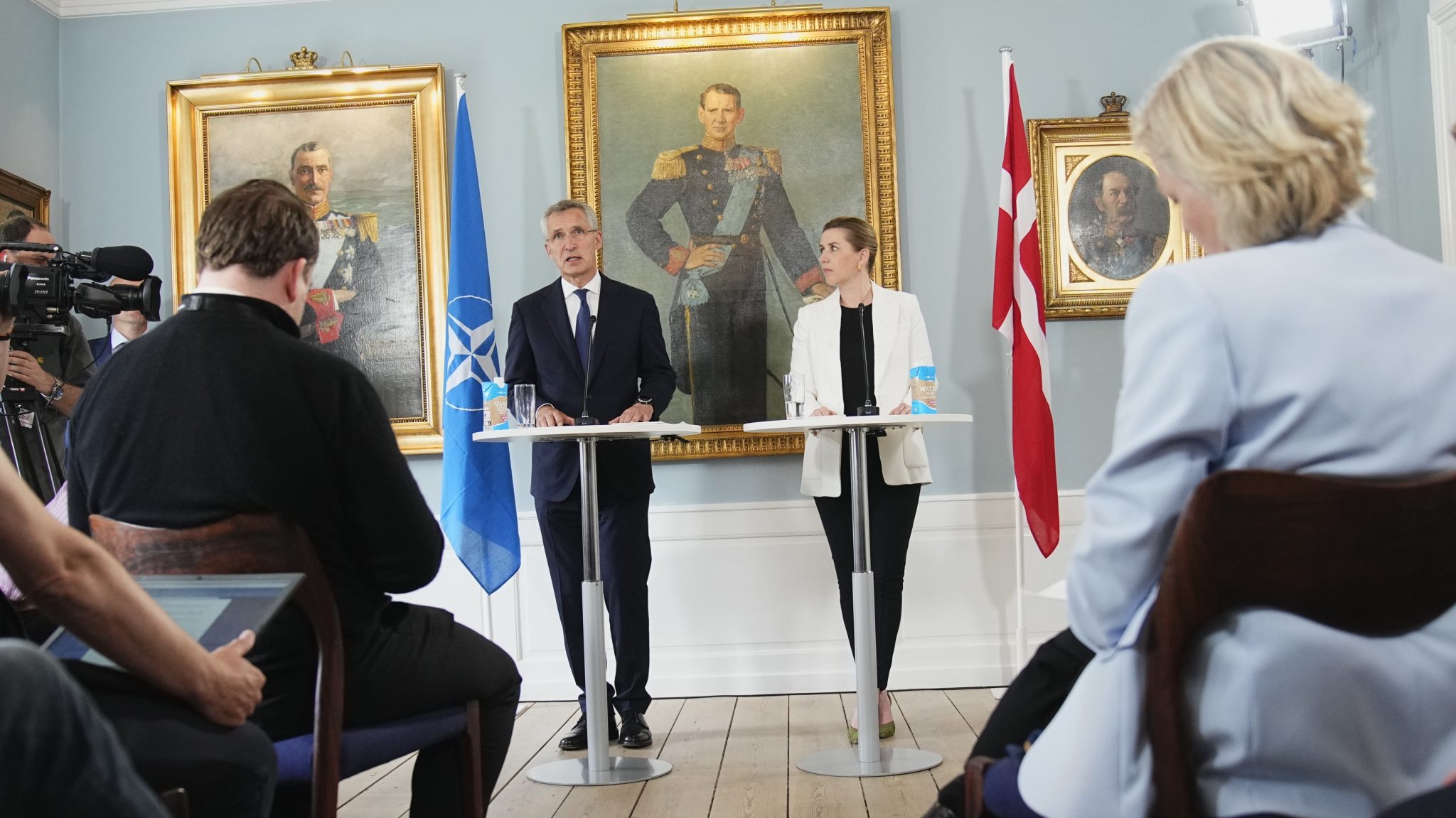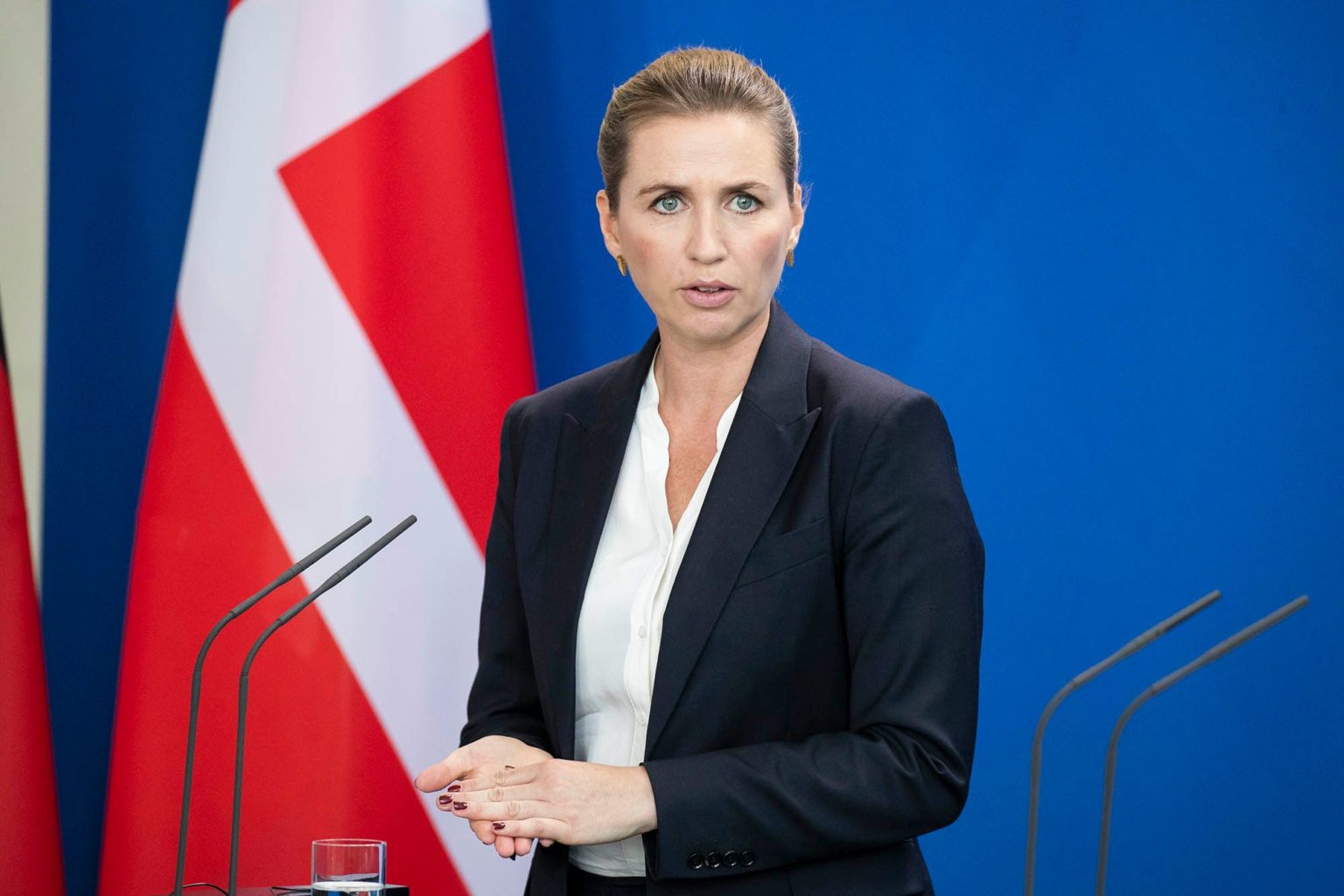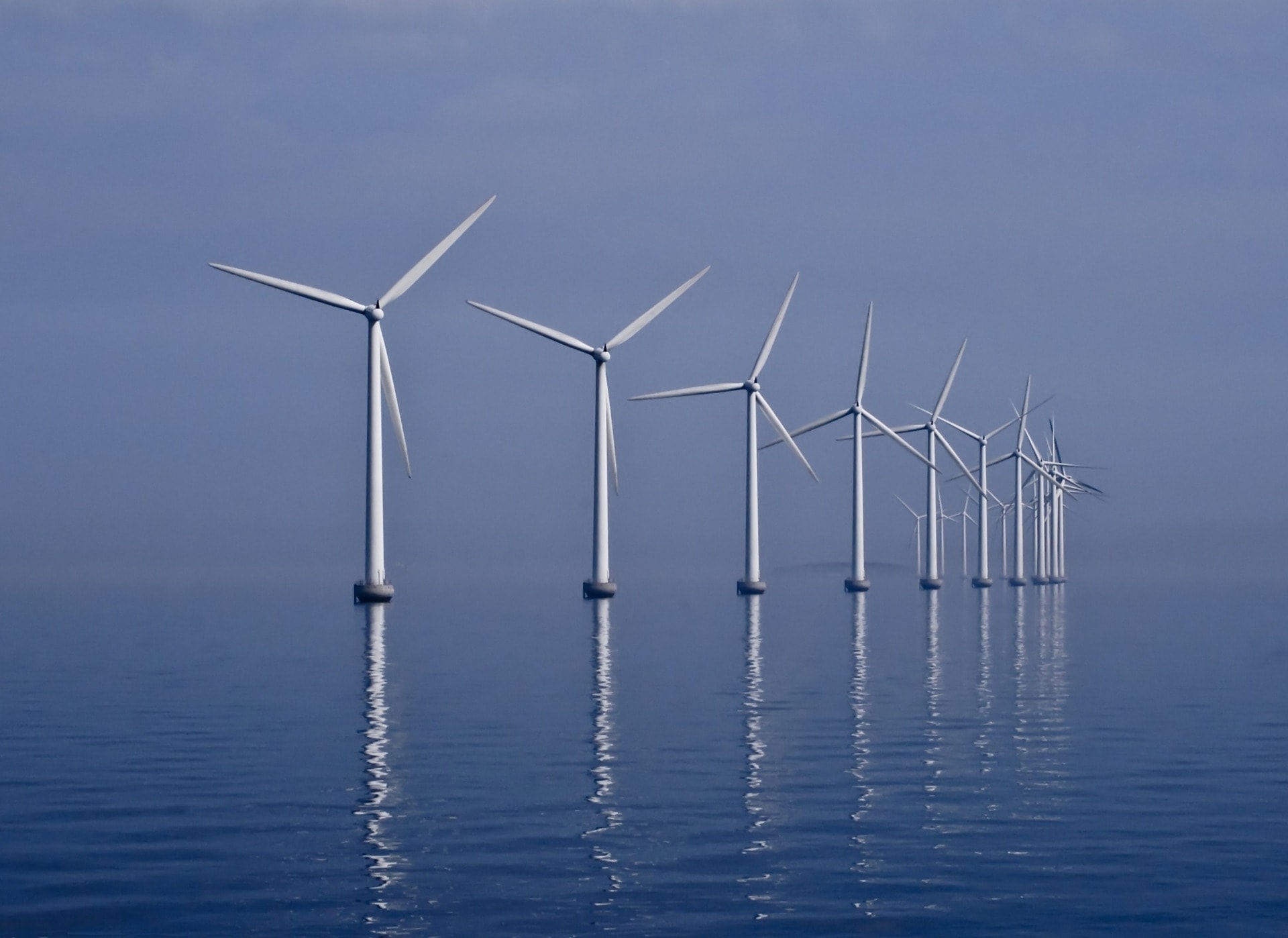According to government ministers, Costa Rica and Denmark are looking to spark a global effort in tackling the production of oil and gas and withdrawing “permits for new exploration” within a deadline, which will be set.
The main contributor towards “greenhouse gas emissions heating the planet”, as Reuters reminds us, is the burning of fossil fuels. However, governments have not yet united to stop the output of oil and gas.
A draft guideline, which has been issued for the alliance, known as the “Beyond Oil and Gas Alliance (BOGA),” states: “Restricting domestic oil and gas production in line with what is required to live up to the Paris Agreement goals will be the core focus for BOGA.”
On a global scale, governments and industries are not doing enough to reach the goal of the Paris Agreement, which called for temperature rises not to exceed 1.5 degrees Celsius. And according to scientists, this can only be achieved if the planet has net-zero emissions by 2050.
The International Energy Agency has stated that in order to reach the Paris Agreement’s goals, there should be no further expenditure on “fossil fuel supply projects” within the world.
According to the draft, to be eligible for a full membership in the alliance, countries should pledge to terminate “new licensing rounds” for the production of oil and gas within their individual country, and gradually stop current production. However, according to Reuters, the draft “could change” prior to the anticipated introduction of the BOGA at the U.N. climate summit, taking place in Glasgow, Scotland, in November.
Countries seeking a second-tier membership, will be eligible if they have undertaken some measures in restricting oil and gas production, such as withdrawing “public financing of it abroad” or “reforming” the subsidies for fossil fuels.
Related Articles: Mogens Lykketoft, Concerned Optimist, on Denmark’s Energy Islands | Denmark’s Energy Islands – In Conversation with Dan Jørgensen | Gas Is Not a Bridge Fuel, It’s a Wall
The role of Costa Rica and Denmark
Costa Rica has reportedly never extracted oil, and is currently thinking about launching a new bill, which will irreversibly prohibit fossil fuel exploration. This would prevent any succeeding governments from carrying out such exploration.
Andrea Meza, Costa Rica’s environment minister, said:
“Costa Rica represents the commitment and decision of a developing country that has the possibility to explore, makes a brave decision and decides to go for another development model and rides into the economy of the future.”
In 2020, Denmark prohibited any new exploration of oil and gas in the North Sea and pledged to discontinue its current production by 2050. Dan Jorgensen, who is a Danish climate and energy minister, said: “Very few countries have taken such steps and we hope that this alliance will be something that will be noticed and hopefully inspire others to join.”
Thus, it is clear that these two countries are actively making efforts to limit oil and gas which ultimately tackles global heating. However, many governments across the world are not following this example, as shown by the limited engagement of most countries towards the Paris Agreement’s climate goals. Thus, the expansion of the alliance – and its impact on containing the climate emergency – will significantly depend on the level of existing and future efforts from other countries.
Editor’s Note: The opinions expressed here by Impakter.com columnists are their own, not those of Impakter.com.— In the Featured Photo: An Oil Refinery Factory in Portugal. Featured Photo Credit: Maksym Kaharlytskyi







